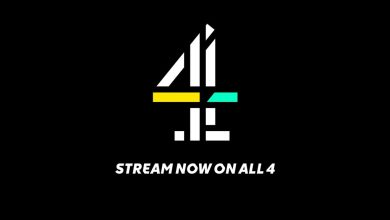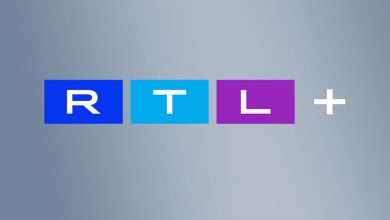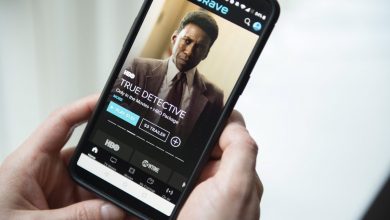How a VPN Keeps You Safe During COVID-19 Outbreak
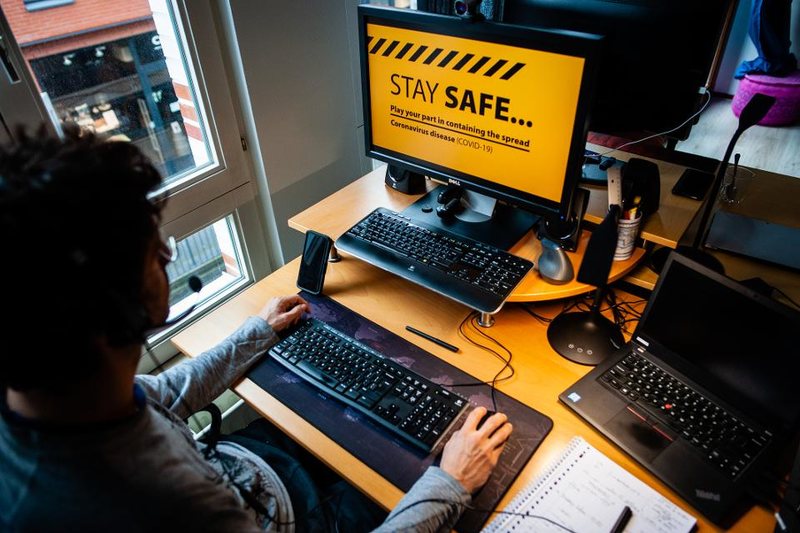

- COVID-19's Toll on Global Economy
- What is a VPN and it can protect your online activities
- How VPNs help you during your stay at home
- Tips against the Coronavirus
2020 hasn’t been kind to us so far. From political assassinations and World War III threats to tragedies and natural disasters, the year can’t possibly get any worse, or so it seems. Now, we have a global pandemic at our hands in the shape of COVID-19, better known as the Coronavirus outbreak.
This virus made its way from China to almost every region in the world, affecting over 160 countries. COVID-19 has infected more than 180,000 people worldwide, with experts warning that the number will increase. Scientists revealed that the only way to fight the spread of the Coronavirus is by self-isolation and avoiding human contact.
As a result, schools, universities, airports, restaurants, sporting events, and every other form of public gathering have shut down all over the globe. In some countries, even businesses closed their doors and instructed their employees to work from home. In fact, I’m writing this article from the comfort of my own couch.
And since we’re all going to be spending a lot of time online at home, it’s crucial that we learn how to protect our data. And the best way to do that is with a virtual private network.
Content Overview
- COVID-19 Economic Impact
- What Is a VPN?
- How a VPN Can Help During COVID-19 Outbreak
- Tips to Stay Safe Against COVID-19
COVID-19 Economic Impact
As the Coronavirus continues to spread across the globe, and with no specific cure to prevent or treat the virus, businesses will continue to shut down. Australian experts from the Australian National University estimate that the global GDP will suffer a $2.4 trillion hit, and that’s in the best-case scenario.
Stock markets, airlines, and holiday firms are suffering the heaviest losses as people stay in self-isolation. The Dow Jones witnessed its worst-ever points tally on March 16 as British Airways owner IAG stocks dropped 28%, while holiday operator TUI plunged 30%.
But it’s not just airlines, amusement parks, and the F&B sector that are at risk. Countless of other jobs and businesses could be hanging by a thread, even after the pandemic is over. According to Moody’s Analytics, almost 80 million jobs in the US are at high or moderate risk.
“People are going to be buying less of everything. The stock market is down and wiping out people’s nest eggs.”
Mark Zandi, chief economist at Moody’s Analytics
That means major companies and small businesses alike will suffer heavy losses. Some won’t be able to recover. But those that can have shifted to remote working in an attempt to minimize financial damages and keep business flowing as much as possible.
What Is a VPN?
A lot of entities can monitor your online activities when you use the Internet. Your Internet service provider, for example, can see your browsing history and the websites you visit. Even your web destinations can track what you do by installing cookies on your browser. Their job is to collect information about what you do online to deliver targeted ads.
Moreover, the authorities can ask operators and ISPs for users’ sensitive data as part of an investigation or surveillance operation. Hackers can also put their hands on your data by infecting your device with malware or hacking third-party servers.
So as you can see, you unknowingly share private information the moment you go online. And the only way to protect yourself is with a VPN. This tool redirects your traffic through a network of private servers instead of using the ones your ISP provides. These servers are located in cities all over the world. When you connect to a server in Chicago, for example, you’ll appear as if you were living inside the city.
Here’s how it works:
IP Address Switching
IP addresses help the World Wide Web determine your geographic location. Each country has a set of dedicated IPs, and your ISP is responsible for handing them out to users. They are basically numerical labels that reveal your digital ID and physical whereabouts.
When you connect to a foreign VPN server, your provider won’t just reroute your traffic. To make you appear as if you were in a different country, your VPN will hide your actual IP address. Then, it will change it so that it matches your server’s location. In other words, if you connect to a server in Canada, you’ll get a Canadian IP address.
Military-grade Encryption
Top VPNs use the highest-level encryption to protect your traffic and data with an unbreakable code. At the moment, this cipher is the Advanced Encryption Standard with 256-bit keys. It provides trillions of possible combinations, making it impossible for any device that has been created so far to break it.
As a result, even if third parties somehow manage to intercept your traffic, they won’t be able to read it. AES-256 is so secure that even government agencies like the NSA use it to protect secret files and information.
Bypassing Geo-blocks
Because VPNs make you appear to be in a different location, you’ll be able to unblock websites that you couldn’t access before. That includes banking services and streaming platforms, which impose geo-blocks for security and copyright issues. In other words, you can only benefit from them if you are inside their area of service.
But by rerouting your traffic and giving you a new IP address, these websites won’t know that you’re abroad, thus giving you access to their services. Therefore, you can keep tabs on your bank accounts and stream your favorite shows no matter where you are.
Avoiding Censorship
If you’re an expat or constant traveler, you may find yourself in a country with strict Internet censorship. In China, for example, social media platforms like Facebook and Twitter are banned, and so are Google and YouTube. As for the UAE, VoIP services like Skype and WhatsApp Calling are also prohibited.
But with a VPN, you can connect to a foreign server where these apps are fully operational and access any service. And the best part is that the authorities cannot know what you’re doing. All they will see is that you’re using a VPN.
Kill Switch
The kill switch is a crucial feature that every VPN should have, as it is your last line of defense against data leaks. This tool disconnects you from the Internet in case the VPN malfunctions. That way, your data won’t travel back through your ISP’s servers if your VPN connection drops.
Some providers offer an automatic kill switch, which means you won’t have to enable anything. Others have as an option in settings, and you must activate it manually.
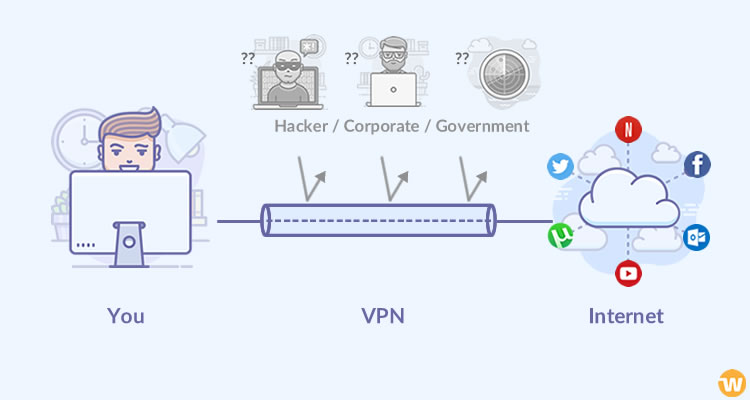

How a VPN Can Help During COVID-19 Outbreak
As you lock yourself at home in self-isolation, the Internet becomes your only means for communication, entertainment, and business. And since most of your daily activities will shift towards online modes, it’s important to protect yourself with a VPN.
But how can VPNs help with the Coronavirus situation, you might wonder? Well, they can make your life at home a lot safer.
Secure Important Work Data
If your company closed its doors and instructed you and your coworkers to work from home, then you need to follow my lead and get a VPN. A lot of businesses provide employees with laptops that have a VPN installed when working remotely. That’s because they fear someone might hack your account and gain access to the company network or server.
Therefore, if you’re using your personal computer or laptop, you need to get a VPN. This tool will encrypt all your traffic and keep it safe from cybercriminals. And the rerouting process will take your data away from your ISP’s servers, keeping it safe and anonymous.
That includes critical, secret, and financial files, as well as business-related emails and transactions. If a hacker infiltrated the company’s network and stole such information, it could have catastrophic consequences on yourself and the firm you work for. So stay on the safe side and install a VPN on your device.
Safe Online Banking
Just like everything else during the COVID-19 pandemic, banks are also closing their doors. That’s a step in the right direction as large crowds could infect more people. Furthermore, the World Health Organization warned that dirty banknotes can help spread the virus, urging citizens to use contactless payments.
So as you settle your bank accounts or make transactions online from home, make sure you use a VPN. Otherwise, you’re putting your finances at risk and potentially allowing cybercriminals to clean up your bank account. VPNs are also excellent tools for those who are quarantined abroad and need to access their banking services, which could be geo-blocked overseas.
Shop Online without Worry
The retail sector has been suffering long before the COVID-19 outbreak. Department stores and shops were closing left, right, and center, with people shifting towards online shopping. And now, even consumers who preferred to visit physical stores must switch to e-commerce websites as malls and brick-and-mortar stores shut down due to the Coronavirus.
But it’s not just about clothing, shoes, and accessories. In these troubled times, people are also buying food, supplies, and medication over the Internet. What else can you do when you’re not allowed to leave the house? Well, the least you can do is secure your online payments with a VPN.
No one will be able to monitor the websites you visit or the data you input, which keeps you safe from credit card fraud and identity theft. Ideally, you could install a premium antivirus program to protect yourself from other risks like malware and fake e-shopping websites.
Streaming and Video Games
As I mentioned earlier, schools and universities are also on lockdown, which means there are plenty of students who are bored to death at home. And most of these people don’t have jobs or working hours during the day, so they have to kill the time one way or the other.
Well, instead of ignoring quarantine rules and hanging out with friends, now is the perfect time to catch up on your favorite shows. VPNs can help you bypass geo-restrictions and unblock your favorite streaming platforms. I’m talking about the likes of Hulu, Netflix, HBO Now, Disney+, and BBC iPlayer. If you’re not addicted to a certain show, now is the time for binge-watching.
Another way to pass the time while at home is by playing video games. But since you can’t go out to buy new discs, your only resort is online purchases that VPNs can keep secure. But that’s not all they can do. These tools also help you unblock geo-restricted and banned games, as well as prevent bandwidth throttling.
And with the COVID-19 not going away anytime soon (hope they find a cure soon), you’ll need some fresh material. So sit back and enjoy the best movies, series, and games. Let’s face it; what else can you do?
Unblocking VoIP Services
Self-isolation means you’re not allowed to visit your friends, relatives, or neighbors. And that may take at least two to three weeks to help reduce the Coronavirus spread. Therefore, the easiest and cheapest alternative is to video chat with your loved ones using VoIP services.
Skype, Viber, and WhatsApp Calling are just some of dozens of video chat platforms that help us communicate with the outside world and stay sane. Unfortunately, some countries like the UAE ban VoIP services to protect the interests of mobile operators.
That is terrible news for expats who live in Dubai and Abu Dhabi as they can’t check up on their families back home. If you’re stuck abroad and you wish to contact your family, all you have to do is install a VPN. Then, connect to any server where VoIP services are allowed, like Germany, and enjoy call and video chats with your loved ones.
Tips to Stay Safe from the COVID-19 Pandemic
The Coronavirus (COVID-19) has swiftly spread across the globe, infecting almost 200,000 people. And unfortunately, scientists predict that this number will continue to grow in the coming weeks. As you may already know, this virus may not be too severe for young people. However, it is life-threatening to those who are over 60 or have a weakened immune system.
And since the virus needs human contact to spread, it is our responsibility to prevent infections by isolating ourselves. The coronavirus may not affect you, but it could be harmful to your parents and grandparents. That is why the only sensible solution is to remain indoors and avoid going out except for emergencies.
And it would be best if we follow these tips and measures to protect ourselves against COVID-19, as advised by the World Health Organization:
- Wash your hands frequently
- Maintain social distancing
- Avoid touching your eyes, nose, and mouth
- Practice respiratory hygiene
- Seek early medical care if you develop Coronavirus symptoms (high fever, breathing difficulties, and cough)
- Stay informed and follow medical advice
- Stay home and self-quarintine if you’ve recently visited infected areas
For more information, visit WHO’s advice to the public page.

